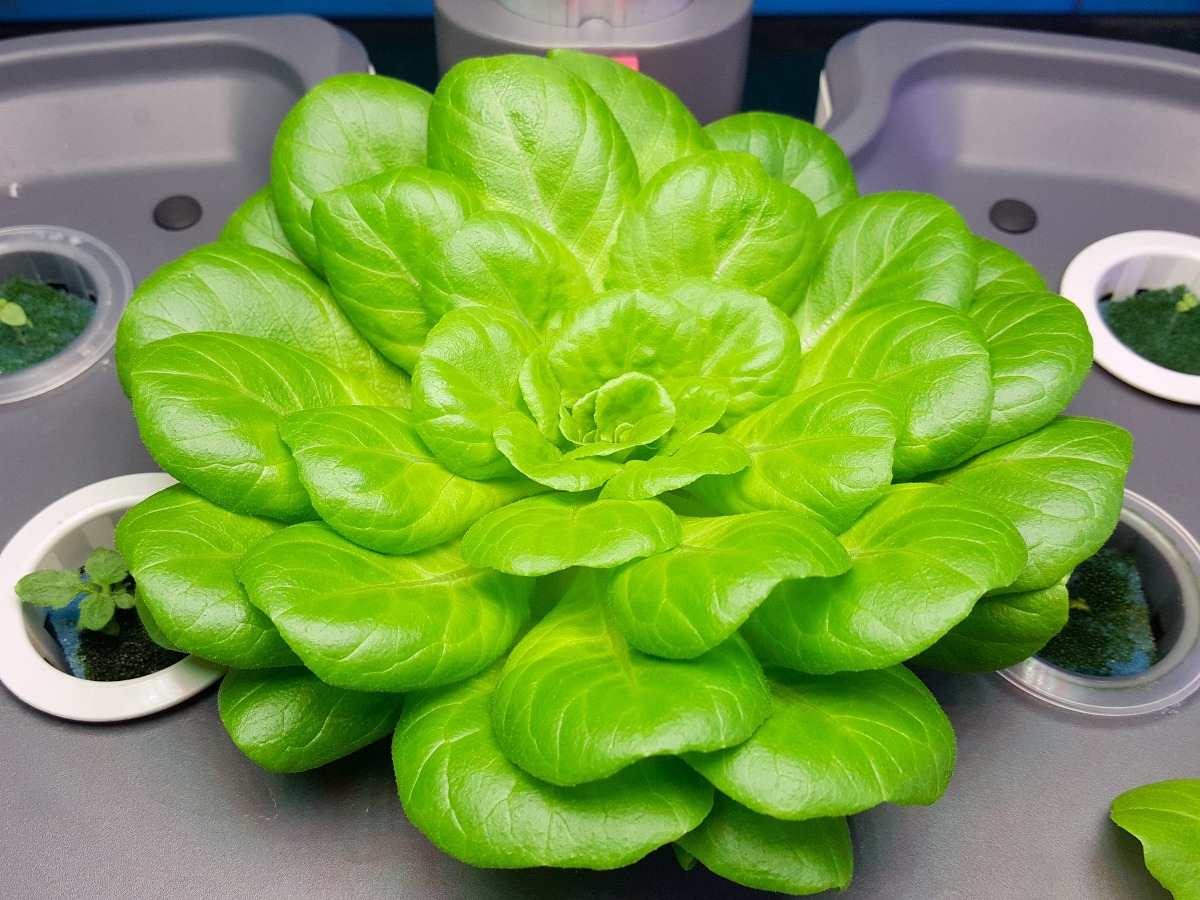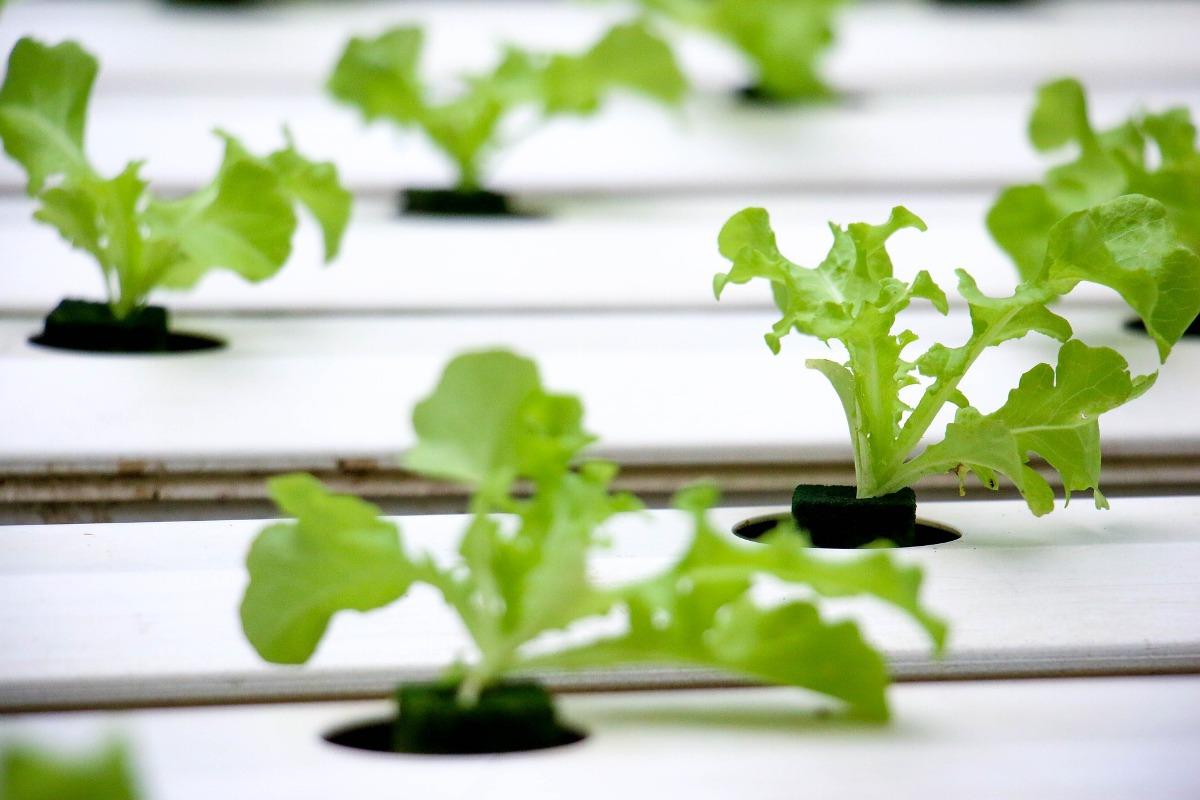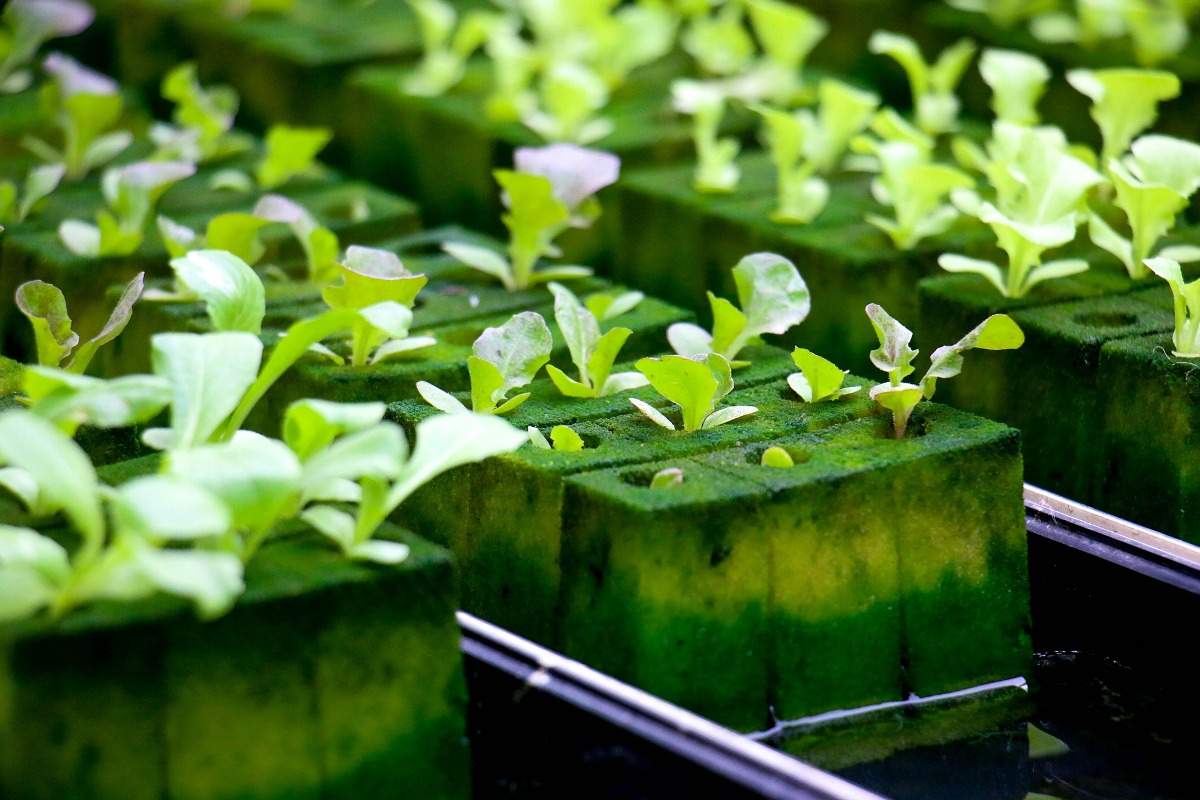Organic hydroponics gardening procedure: Hydroponics is a technology for growing plants with their roots in nutrient solutions (water with dissolved fertilizers) rather than soil. Organic hydroponics gardening is a hydroponics system that is managed based on organic agriculture concepts. The conventional hydroponics system has a difficult time using organic compounds as fertilizer.
A guide to organic hydroponics gardening
In an organic hydroponics, organic fertilizer is degraded into inorganic nutrients by microorganisms in the hydroponic solution by ammonification and nitrification. The microorganisms are cultured with a method of multiple parallel mineralizations. The hydroponic culture solution can be used as a hydroponic solution. Organic hydroponics is a process of hydroponic gardening where the nutrient solution is comprised entirely of organic compounds.
The difference between hydroponics and organic hydroponics is what you choose to feed your plants. Though, there are some hydroponic systems that do not work well with organic hydroponics. Even organics with few particles floating around will still clog drip emitters and spray heads.

The hydroponic gardening methods best suited for use with organic nutrients are;
- Hand Watering
- Deep Water Culture (aka DWC)
- Flood and Drain (aka ebb and flow)
- The Nutrient Film Technique (NFT)
- The Wick System
Basic principles of organic hydroponics gardening
There is a major difference by approaching the plant nutrition within the organic hydroponic system. With conventional hydroponics system, you basically just need to follow the instructions for different types of fertilizers, and monitor and test your water on a predetermined basis. And by using organic solutions contain more pre-meditation and inevitable trial-and-error experimentation until you realize what works best for your systems.
The basic principle of organic hydroponics system is a nutrient conversion, the conversion of organic compounds into plant-usable nutrient ions by the action of microbes. A plant is obtaining nutrients from a traditional non-organic nutrient solution or by organic fertilizers makes no difference to plant uptake the root system absorbs the exact same mineral ions in both systems. This microbial conversion procedure occurs naturally in soil, in soilless systems it requires a helping hand to speed up the process and keeps it ticking over so that rapid growth will always be supplied with sufficient nutrients at the right time.
You should not miss the Okra Seed Germination, Time, Temperature, Light.

For a successful organic hydroponics system you will need a system which ideally includes;
- Biofilter
- Oxygenation
- Hydroponic medium/substrate
Difference between synthetic and organic hydroponic fertilizers
The nitrogen in many synthetic plant foods comes from ammonium nitrate, which is why those blue plant or green plant foods smell like bathroom cleaner. Ammonium nitrate, which is derived from petroleum by-products, is like steroids for plants, promoting fast but unsustainable plant growth.
Fish-based fertilizers are made with a renewable resource that plants feed healthy doses of nitrogen and nourish a robust population of beneficial microbes. Organic hydroponic fertilizers have a strong odor as well something like decay but when well-filtered, and they are as convenient to use as synthetics.
Organic hydroponics gardening procedure
In the organic hydroponics, it is extremely simple to mix a batch of organic nutrients adequate for the needs of any plant. One can use a tea made from high-quality compost, or a basic solution of 1 1/2 teaspoons fish emulsion, 1 1/2 teaspoons liquid seaweed, and a teaspoon of blood meal to each gallon of water. The mix varies, mainly depending upon the type of plant being grown. Less blood meal must be used with flowering and fruiting produce than with leafy crops. Other nutrients can also be added such as blended eggshells, for example, might be helpful when added to a cabbage crop.
The fish emulsion, seaweed, and blood meal recipe were developed in trials on lettuce plants during the Montreal winter. Two large 5-by-7-foot cold frame boxes prepared. One was fitted with organic hydroponic system accessories and filled with a growing medium of half perlite and half vermiculite to which fifty pounds of sand were added. The other box with the normal drainage holes, filled with the conventional soil mix, and fertilized on a regular schedule.
For example, the hydroponically grown tomatoes were larger and had more fruit set than the soil-grown controls. They had much greater resistance to the aphids which infested downtown Montreal last summer. This increased resistance is a good indication that the tomato plants were receiving excellent nutrition from the organic mix.
Use organic nutrients in organic hydroponics gardening
In hydroponics, you can make own natural nutrient solutions by degrading different types of organic waste. There are a few different approaches to using organic nutrient sources in hydroponics. It can be difficult to get a balanced and suitably high ratio of all the necessary minerals from organic sources alone, so experimentation with different products is helpful. There is a range of liquid organic nutrient concentrates on the market, as well as some fertilizer salts that are considered organic and naturally occurring to help boost plant growth where required.
Generally, sulfate trace elements, that are iron sulfate, copper sulfate, zinc sulfate, manganese sulfate, and magnesium sulfate (Epsom salt), are allowed under organic production, so these can be used to help round out any deficiencies that could occur with organic nutrients.
An organic iron chelate can be made by mixing iron sulfate with citric acid powder to replace the synthetic iron chelate normally used in traditional hydroponics to ensure ongoing iron availability. Growers need to blend two or more organic liquid fertilizers to provide sufficient and balanced nutrient levels for most hydroponic crops.
Organic hydroponics gardening advantages
- Hydroponics saves water – Compared with conventional agriculture, it uses 1-2 percent of water. That is pretty impressive by considering that water scarcity is becoming an increasing problem for both humans and the environment.
- The hydroponics system utilizes spaces that would otherwise be unsuitable for food production.
- Organic hydroponics system solutions made from scratch utilize organic waste that would otherwise end up in a landfill. Even the commercial organic solutions are by their nature more sustainable compared to the traditional chemical fertilizers.
- Since you are limited in the number of plant species you can produce, you can’t aim to create a real agricultural ecosystem that would help your local wildlife and biodiversity.
- People who like hydroponics system for its cleanliness might not appreciate the mess that comes with experimenting with creating compost teas and other organic solutions. Though, things are slightly neater in the case you are using a commercial organic base.
Maximum yield explains organic hydroponics
A hydroponically grown plant receives all of its nutrients through the solution and not the medium it’s grown in. This nutrient solution is comprised of a combination of fertilizers that can be controlled for maximum plant growth. In an organic hydroponics system, this nutrient solution is comprised of all-natural and organic fertilizers and micronutrients. This can be achieved through different ways, including the use of compost tea, which provides many of the micronutrients a plant requires.
Because all of the ingredients of organic hydroponics system are organic, the hydroponically grown fruits and vegetables are in fact, technically organic. Organics is not just a matter of ingredients, but an entirely natural procedure in which a plant is grown. They would argue that by its very nature, hydroponics system can never be considered “organic”.
In case if you miss this: Coconut Coir Benefits for Plants.
If all of the nutrients included in the nutrient solution are derived purely from organic sources, then the fruit borne of this gardening method is organic, that artificial lighting and other electronic components were used to produce the hydroponic crops. Due to this the agriculture communities, growers have run into roadblocks having their organic hydroponic produce is certified organic for retail markets.
Homemade nutrient solutions for organic hydroponic gardening
If you decide to make your organic hydroponic garden even more sustainable, and then you can try to make your own nutrient solution from raw materials.
The key aspect of this practice is to make organic (waste) materials available for plants by pre-digesting them. This is done by using liquid bio-digesters, by utilizing vermiculture and creating worm tea out of the solid worm castings, or alternatively, out of the compost.
Keep in mind that the main issue with organic fertilizers is generally concentration. Too little, and your plants will be undernourished, resulting in stunted plant growth and deformities, as well as sensitivity to diseases. Too much, and your plants can suffocate and die because the nutrient build-up leads to oxygen depletion and pathogen proliferation.
That is why every organic grower wants to learn all the early signs of undernourishment in plants, as well as the signals that you are using too much fertilizer. Note that the signals of an over-fed system must be detected (testing results, color, smell and texture of the solution, and slime in the substrate, etc.) before it takes effect on plants.
As a general rule of the thumb, use minimal quantities of nutrient solution at first, until you see how the plants react. When you achieve a balance, as the hydroponic system matures there will be fewer and fewer issues.
Organic pest and disease control in hydroponics
With organic production, the prevention of pest and disease problems becomes more essential. Among the organically allowable pest control products, indoor gardeners are already familiar with neem oil. Many neem spray products are considered organic and this helps to control a wide range of insect pests.
Beneficial and predator insects as part of an integrated pest management program are widely used by organic growers, and there is a range of microbial spray products on the market that are BT for caterpillars.
Running a successful organic hydroponic garden involves some trial and error. There is a lot more to the biological side of organic plant nutrition than we understand, much of it to do with microbial balance and populations in the plant root zone and nutrient solution.
You may also check the Growing Sweet Potato in Terrace, Pots.
Organic hydroponics gardening problems

Many of the problems growers new to organic hydroponics encounter originate from a lack of understanding of their hydroponic system. Although soilless is still quite different from standard non-organic hydroponics in terms of plant nutrients and also other factors as well. Finding suitable nutrient sources is the biggest hassle many will face as most organic fertilizer products are designed for soil use and often products want to be blended or boosted with allowable fertilizer salts to get a well-balanced nutrient with all the essential elements for growth in soilless systems.
And nutrient deficiencies can be common in organic hydroponic systems, with calcium being difficult to supply in plant-usable form without the use of calcium nitrate which is not considered organic. Nitrogen can be a problematic element, as organic nitrogen sources are reliant on microbial action to break down organic compounds fast enough to supply all the nitrogen required for plant growth.
Hydroponically grown plants are heavy feeders of nitrogen and sometimes plant growth can outstrip supply. So with hydroponic nitrogen fertilizers such as calcium nitrate and potassium nitrate not permitted under organic production. And this all means organic hydroponic growers need to have a good understanding of what healthy plants must look like as well as being able to recognize the early signs of nutrient deficiencies.
You may also check the Organic Farming Training, Organic Farming Courses.